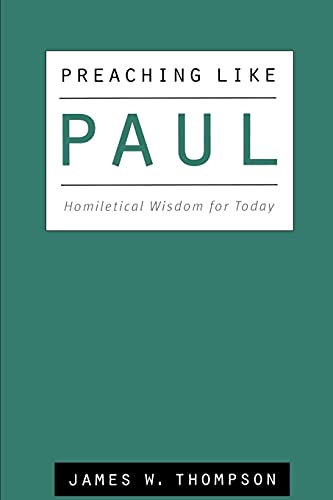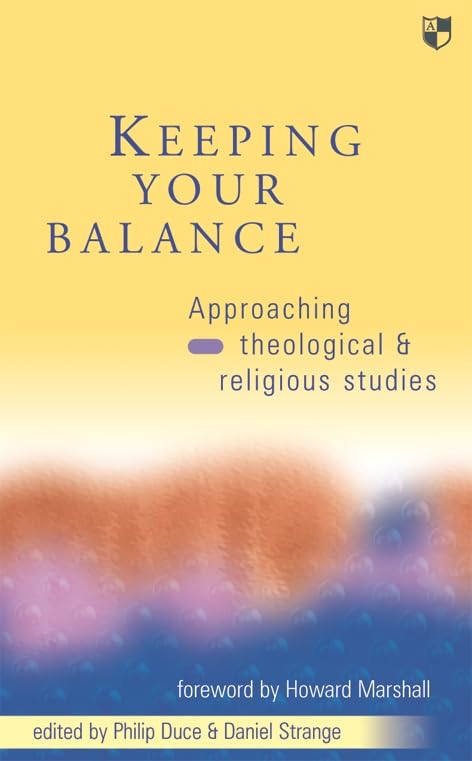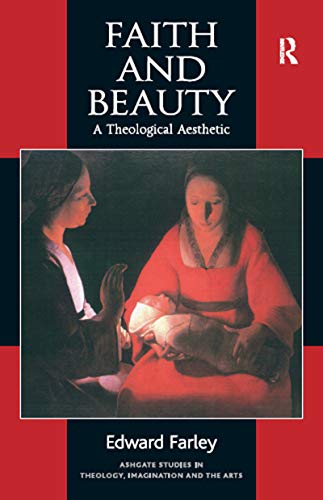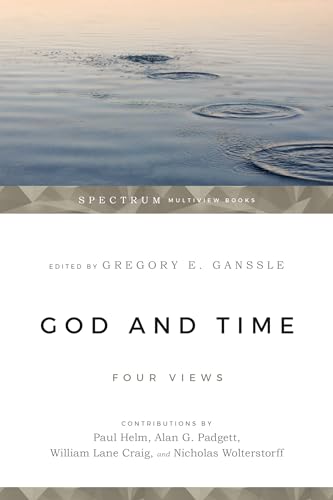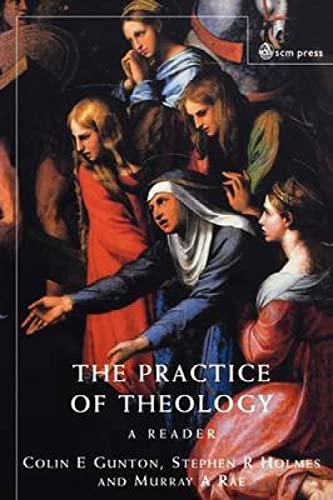‘AS THE FATHER HAS SENT ME, I AM SENDING YOU’: J. E. LESSLIE NEWBIGIN’S MISSIONARY ECCLESIOLOGY
Written by Michael W. Goheen Reviewed By Krish KandiahLesslie Newbigin has to be one of the most significant missionary theologians of the twentieth century. His experience as a missionary from Britain to India and then from India to Britain gave him an excellent vantage point to see how we in the West have often compromised the gospel and simply gone with the cultural flow, particularly in the areas of epistemology and ecclesiology. Newbigin’s writing and example offered a wake-up call to the western church to engage its culture for Christ. He brought wisdom, an evangelist’s heart, wide-ranging experience, vast scholarship and the ability to state profound truths in an accessible manner to the task of equipping the church for its mission to late-modern culture. Newbigin was a prolific writer and thinker over a period of sixty-six years and left a huge and invaluable body of work behind at his death in 1998.
Mike Goheen has succeeded in the enormous task of producing the definitive study of Newbigin’s ecclesiology for his doctoral thesis at the University of Utrecht. Ecclesiology is central to Newbigin’s missiology as he firmly believed that the local congregation was God’s primary agent in mission. Goheen’s enormous work divides into three sections. First, Goheen provides a chronological overview, tracing the development of Newbigin’s ecclesiology as he became aware of the extent to which Christendom had obscured the church’s missional identity and also how his ecclesiology had developed from christocentrism to a more Trinitarian approach. The second section is a thematic exploration of Newbigin’s ecclesiology. Goheen identifies the concept of missio dei, the institutionary nature of the church, the task of the church in the world and the relationship between the church, gospel and cultures as major themes in Newbigin’s work. As the reference in the title to John 20:21 indicates, Goheen sees this verse as the hermeneutical key for Newbigin’s understanding of mission. Jesus’ incarnation provides the model for the church’s work in the world, Jesus himself embodied the message joining word and deed together and so the church must not relinquish either in its mission. Newbigin’s missiology includes evangelism and social action, a challenge to both evangelicals and the ecumenical movement. In the third and concluding section Goheen examines the adequacy of Newbigin’s missionary ecclesiology and its contemporary relevance.
Although Goheen has tremendous respect and affection towards Newbigin he is not afraid to criticise him. There are three noteworthy criticisms. First, Newbigin had an undeveloped Trinitarian missiology, even after his Trinitarian shift his theology remains overly christocentric. Second, Newbigin over-emphasised the negative side of the relationship between gospel and culture focussing too heavily on the church’s role of culture criticism that led to a lack of attention to the positive calling of the church in culture. The third criticism of Newbigin’s work is the insufficient attention to common grace in his theology that may have impoverished his apologetic approach. Goheen’s work on the contemporary relevance of Newbigin’s thought was the main disappointment with the book as it was too short and too narrow, looking only at the ecumenical movement and the Gospel and Culture Network in North America.
This book provides an invaluable resource for those wishing to examine Newbigin’s thought and includes an extensive Newbigin bibliography. The book could provide students with a helpful corrective to many works on ecclesiology that, if they deal with mission at all, treat it as a peripheral aspect of the subject. Goheen demonstrates that Newbigin knew mission must be central to the church’s self-understanding. Newbigin’s work, modelled on the apostle Paul, is that of a missionary theologian and challenges all theologians to ask if our work encourages and equips the church in its missionary calling in the world, as should all truly biblical theology.
Krish Kandiah
Krish Kandiah
The Evangelical Alliance
London, England, UK



